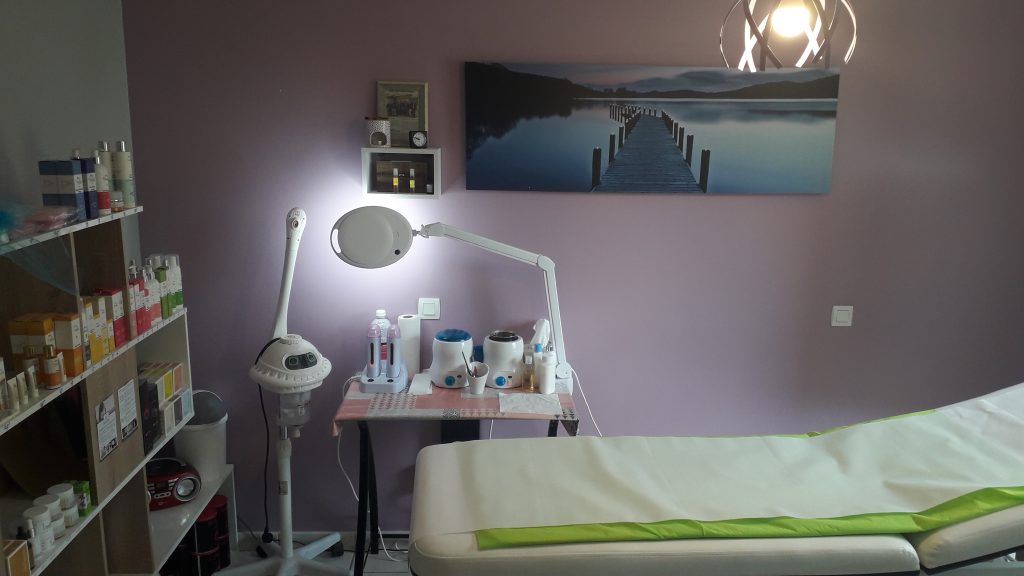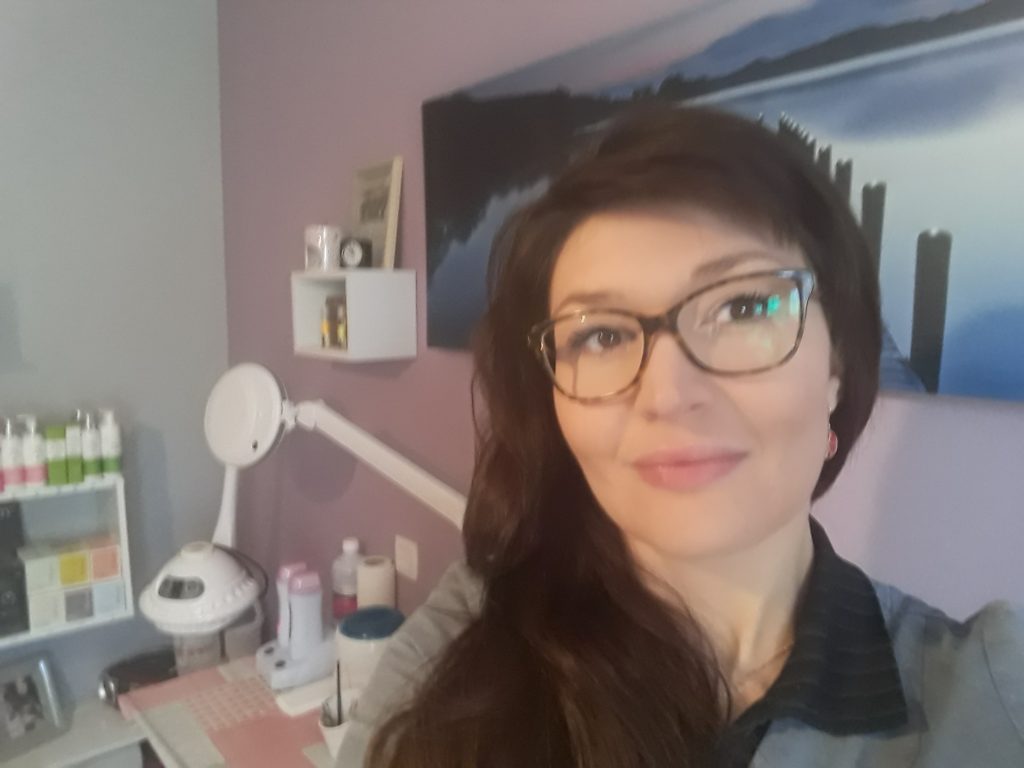Soins esthétique à Colombier le jeune.
Esthéticienne basée sur les hauteurs de Tournons.
Esthéticienne depuis 2010, basée dans un cadre très agréable du plateau ardèchois, je vous propose dans une ambiance relaxante et détendue, de multiples soins esthétique et découvertes sensorielles. Un univers de prestations sur mesure pour un trésor olfactif.
L’essentielle de la beauté au naturel !
Des Epilations naturelles et bio.
Je vous acceuille dans votre institut, un cadre intimiste et chaleureux, ou à domicile suivant vos souhaits. Sans compter mon temps et toujours à l’écoute de vos besoins, je vous propose des soins uniques et adaptés à chacune, à base de produits naturels et bio soigneusement sélectionnés.
J’ai choisi la nature pour vous composer des soins uniques …..
Comme vous !
Guidée par une vision personnelle de la profession et par ma passion pour le bien-être, la beauté et la nature. Le vrai luxe est le temps que je consacre à ma cliente sans prendre les appels pendant les soins esthétique, la qualités des produits sélectionnés, un acceuil simple et sympathique, de la chaleur, du confort, un matelas chauffant pour vos soins et épilations sur un fond de musique zen. Un bon moment ou chacune peut prendre le temps de se poser.
Je suis à la recherche du meilleur pour vôtre peau, parce que chaque personne et unique et mérite la plus grande attention, car vôtre peau c’est vous !!
Des soins esthétiques en promo-flash tous les 2 mois.
Formations:
Diplômée du CAP Esthétique Cosmétique Parfumerie, j’ai choisi d’approfondir ma maîtrise en suivant plusieurs formations sur le massage, le maquillage et l’onglerie.
Toujours à la recherche du meilleur pour vous et parce que je suis passionnée par mon métier, je continue à me former, apprendre et découvrir.
Nos prestations sont en institut ou à domicile.
Sans oublier les cartes cadeaux valablent un an, pour faire plaisir, à partir du montant de vôtre choix.
Venez prendre un moment rien que pour vous et vôtre bien-être.
Je vous invite à découvrir toutes mes prestations : –épilations/soins visage/soins corps/beauté des mains/beauté des pieds/ beauté des ongles / soin anti-callosités/ onglerie / maquillage.
Comment me contacter et venir aux rendez-vous… ; )



